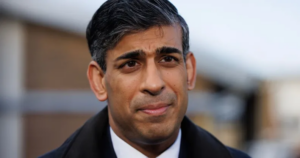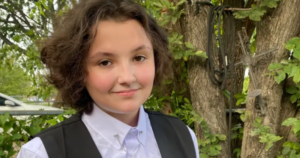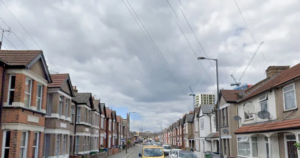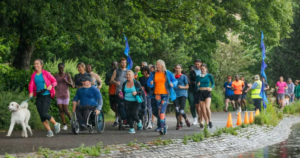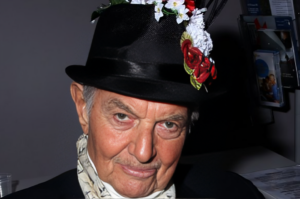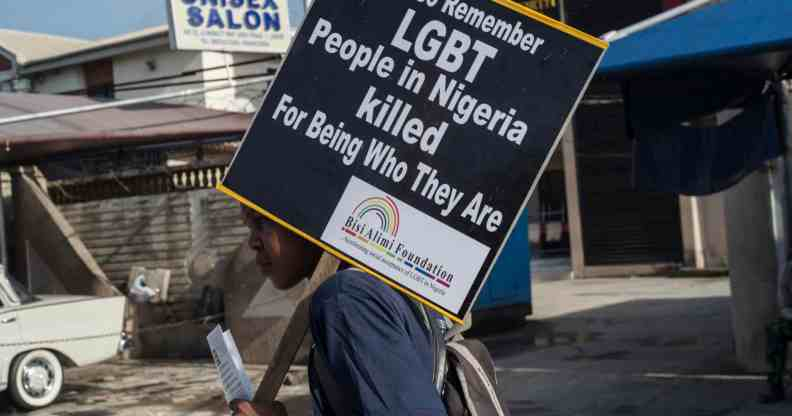
Human rights activists are strongly condemning the Nigerian police for an observed surge in mass arrests targeting LGBTQ+ individuals. Authorities are accused of misusing Nigeria’s Same-Sex Marriage Prohibition Act to apprehend suspected members of the LGBTQ+ community without substantial evidence or proper investigation.
Nigeria is among more than 30 African countries with stringent enforcement of anti-LGBTQ+ laws, including the criminalization of homosexuality, punishable by up to 14 years in prison or even death under Sharia law. Additionally, gay marriage, same-sex relationships, and LGBTQ+ rights groups are all illegal. Simultaneously, Nigeria’s constitution guarantees its citizens freedom from discrimination and the right to a private and family life.
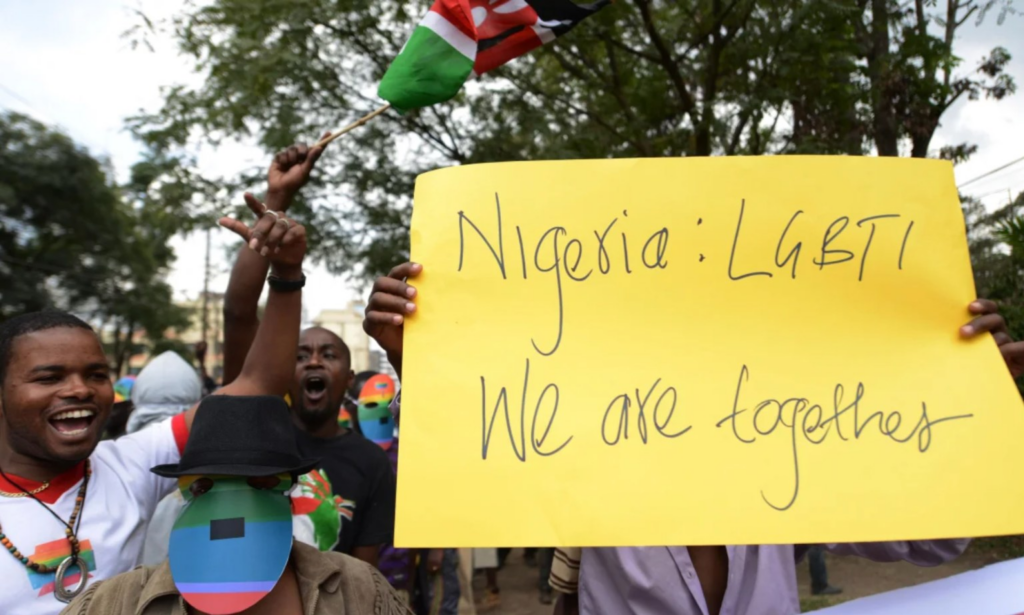
While arrests under Nigeria’s Same-Sex Marriage Prohibition Act have been commonplace and criticized globally since its introduction, recent weeks have seen a notable increase in mass arrests with minimal or no evidence, with many suspects asserting they have been falsely accused.
Okechukwu Nwanguma, the leader of the Rule of Law and Accountability Advocacy Centre, which advocates for police reforms in Nigeria, stated that Nigeria’s anti-gay law is currently being “exploited” by authorities without due process. He noted, “They [law enforcement authorities] are exploiting the law to target people whether or not they are queer… There is a tendency to target them based on assumptions or allegations, not based on any investigation.”
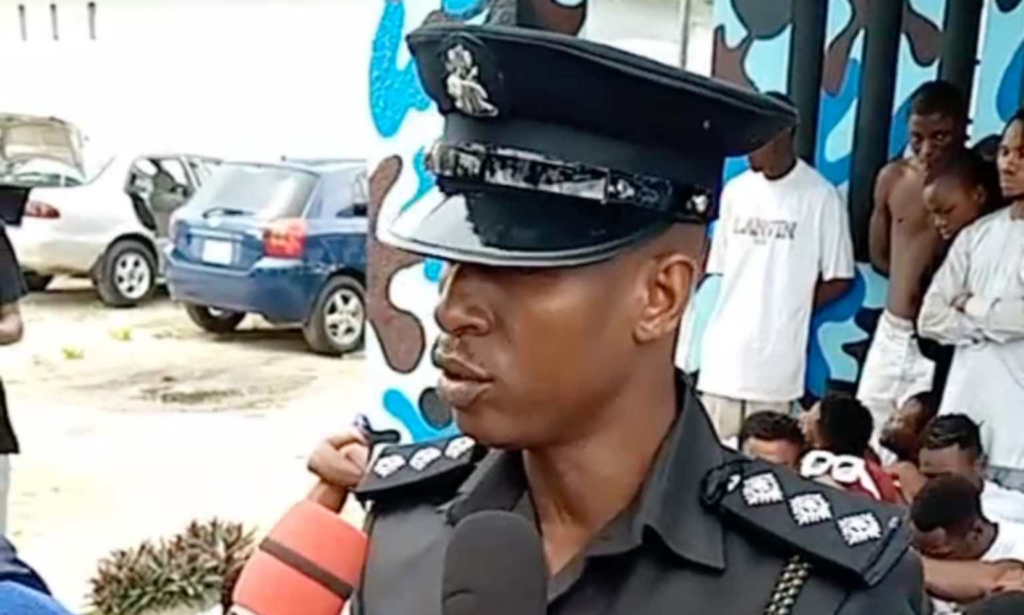
In a recent incident, Nigeria’s paramilitary arrested 76 people, alleging they were organizing “homosexual birthdays” and planning a “same-sex marriage” at the event. One of the main suspects, Bashir Sani, refuted these claims, stating that there was only a birthday celebration, not a wedding.
Similarly, in August, over 200 people were detained in Nigeria’s southern Delta State on suspicion of planning a gay wedding. Following the mass arrest, authorities paraded the suspects before onlookers and journalists.
These widespread arrests and public spectacles pose a serious risk to individuals based on their perceived sexual or gender orientation, as warned by Isa Sanusi of Amnesty International Nigeria. He emphasized that attacks, harassment, blackmail, and extortion of the LGBTQ+ community have been on the rise since the enactment of the Same-Sex Prohibition Act in 2014. Sanusi called on the Nigeria Police to prioritize the safety of everyone and not fuel further discrimination.
Conversely, human rights groups are concerned that Nigerian law enforcement is turning a blind eye to reports of abuse against the LGBTQ+ community. Chizelu Emejulu, an activist and lawyer handling many cases involving queer individuals, revealed, “When we get the perpetrators arrested, the consistent thing we have noticed is that people always claim their victims are queer, and once they say that, the police begin to withdraw from these cases. What the LGBTQ community in Nigeria is asking for is to be left alone to live their lives.”
Author












